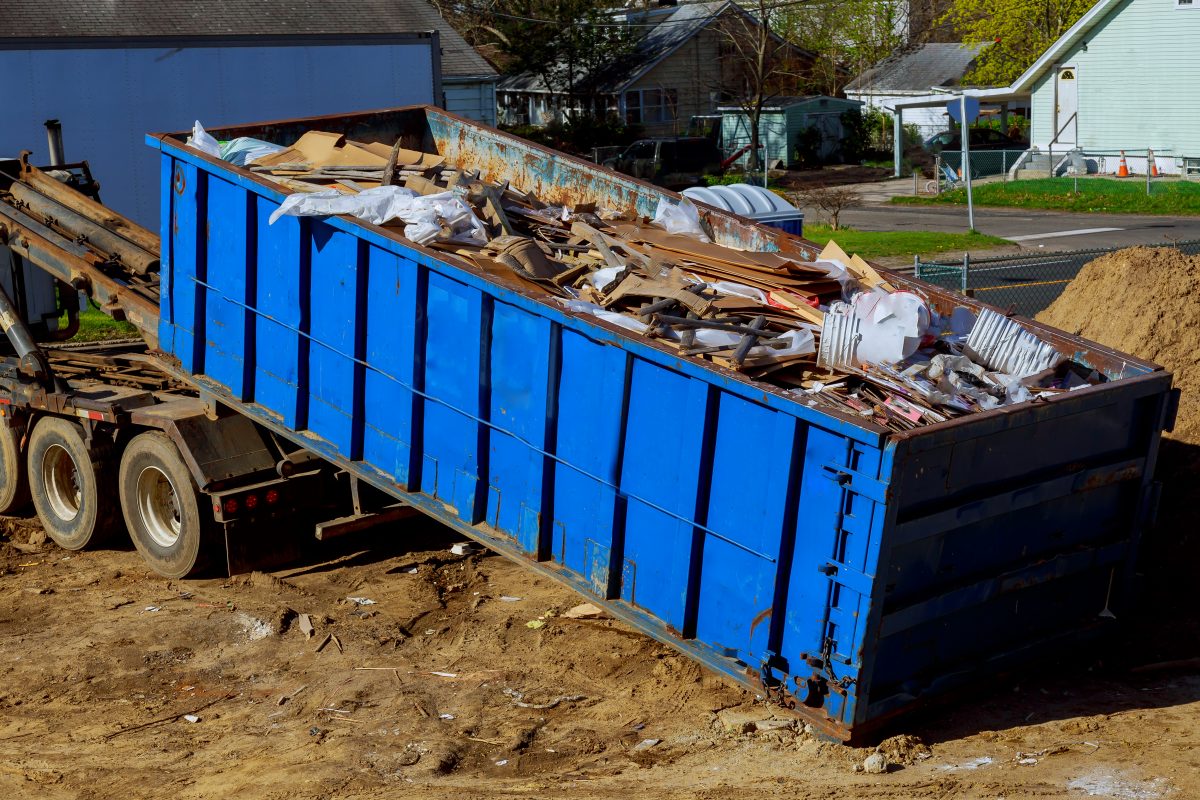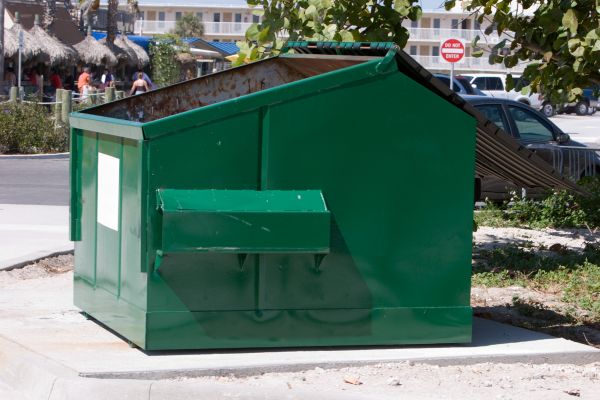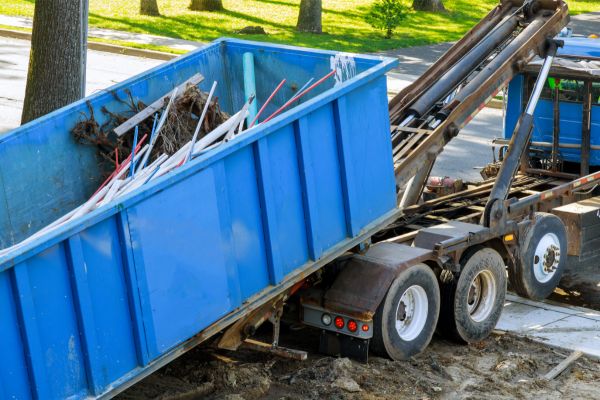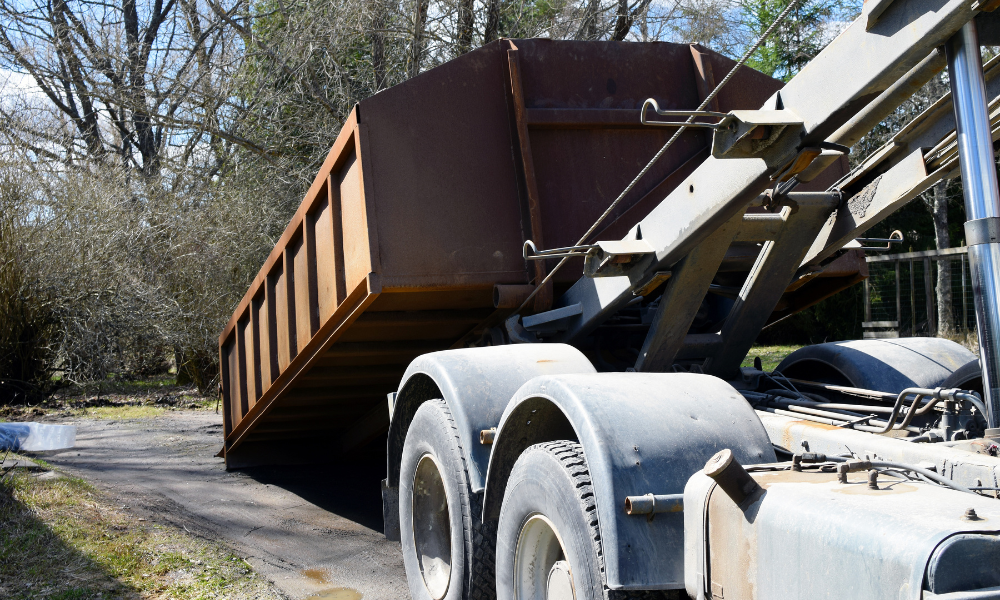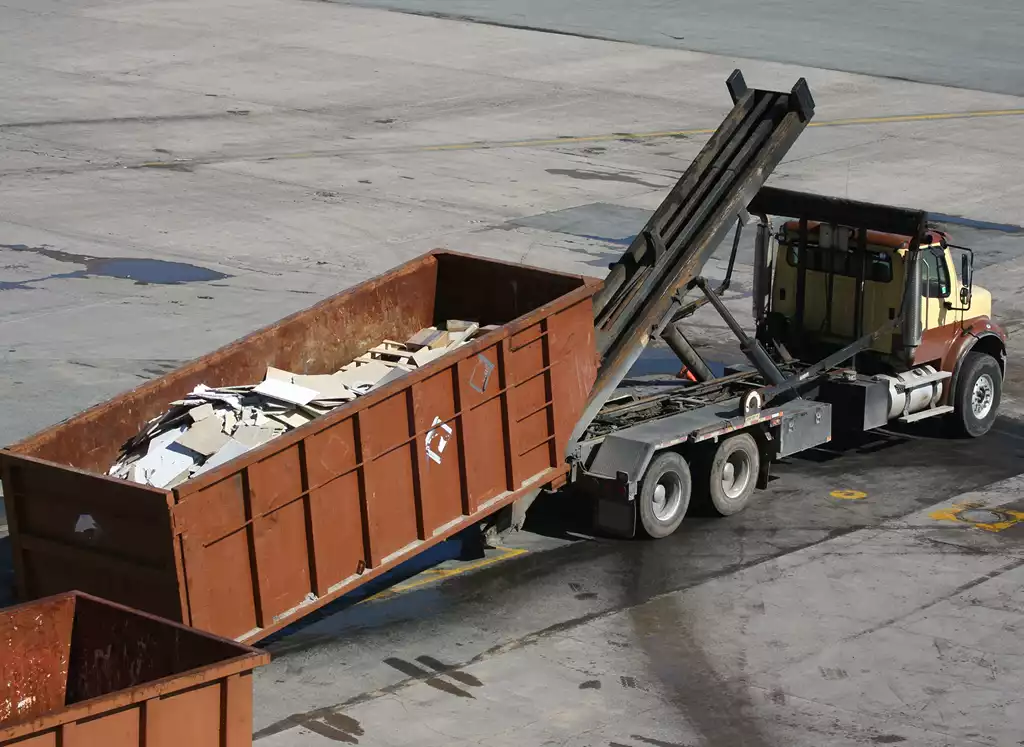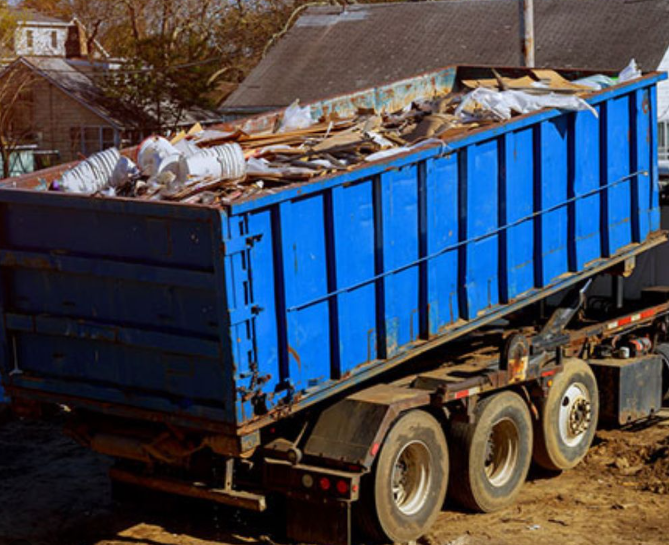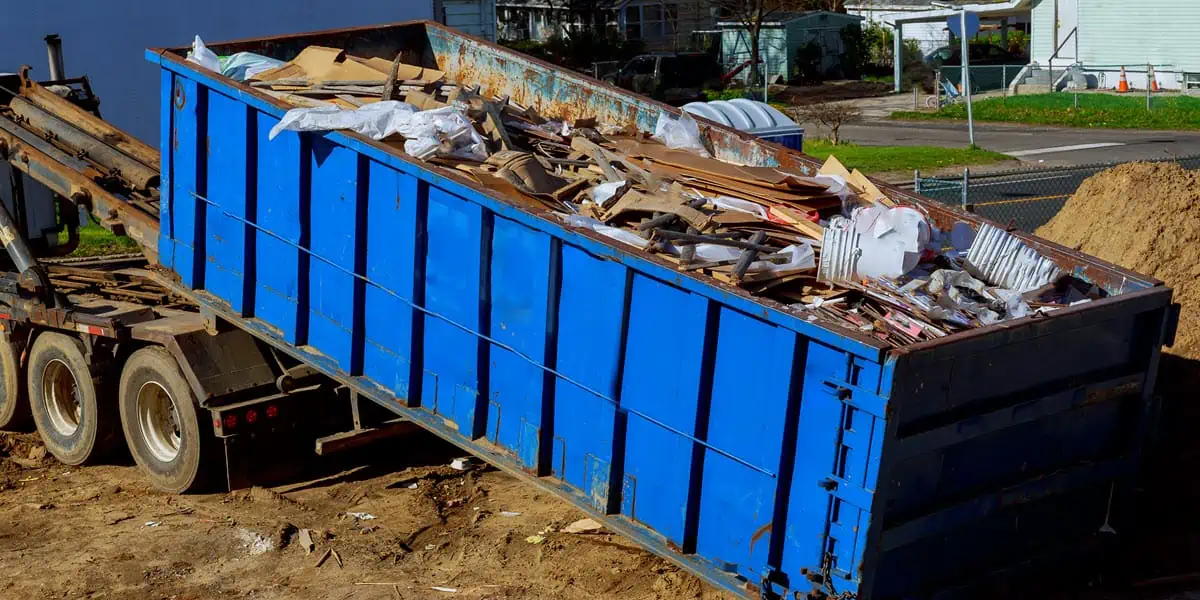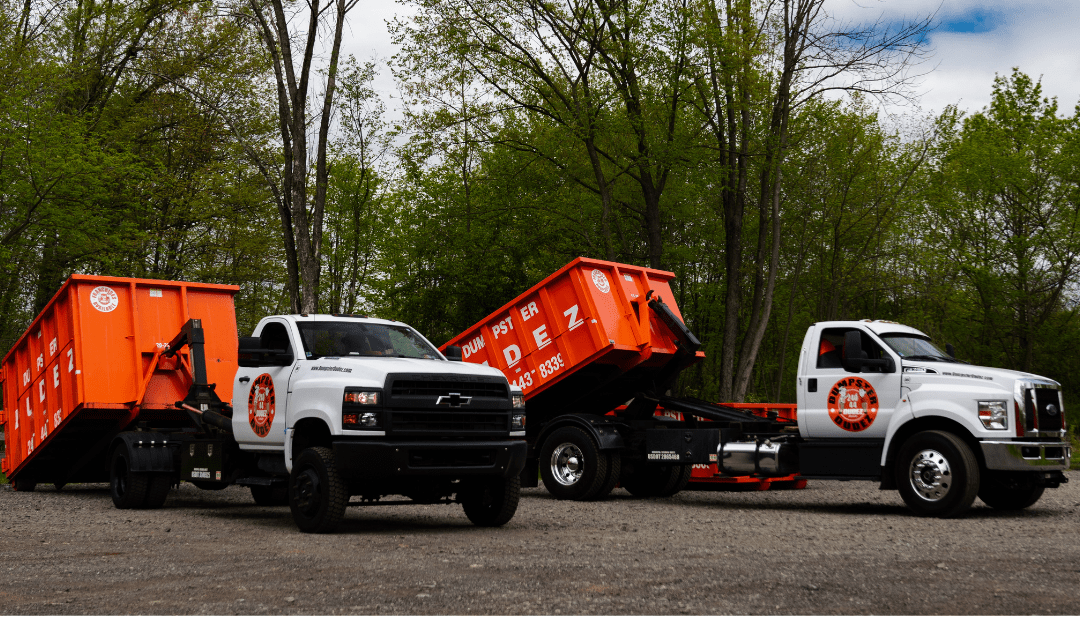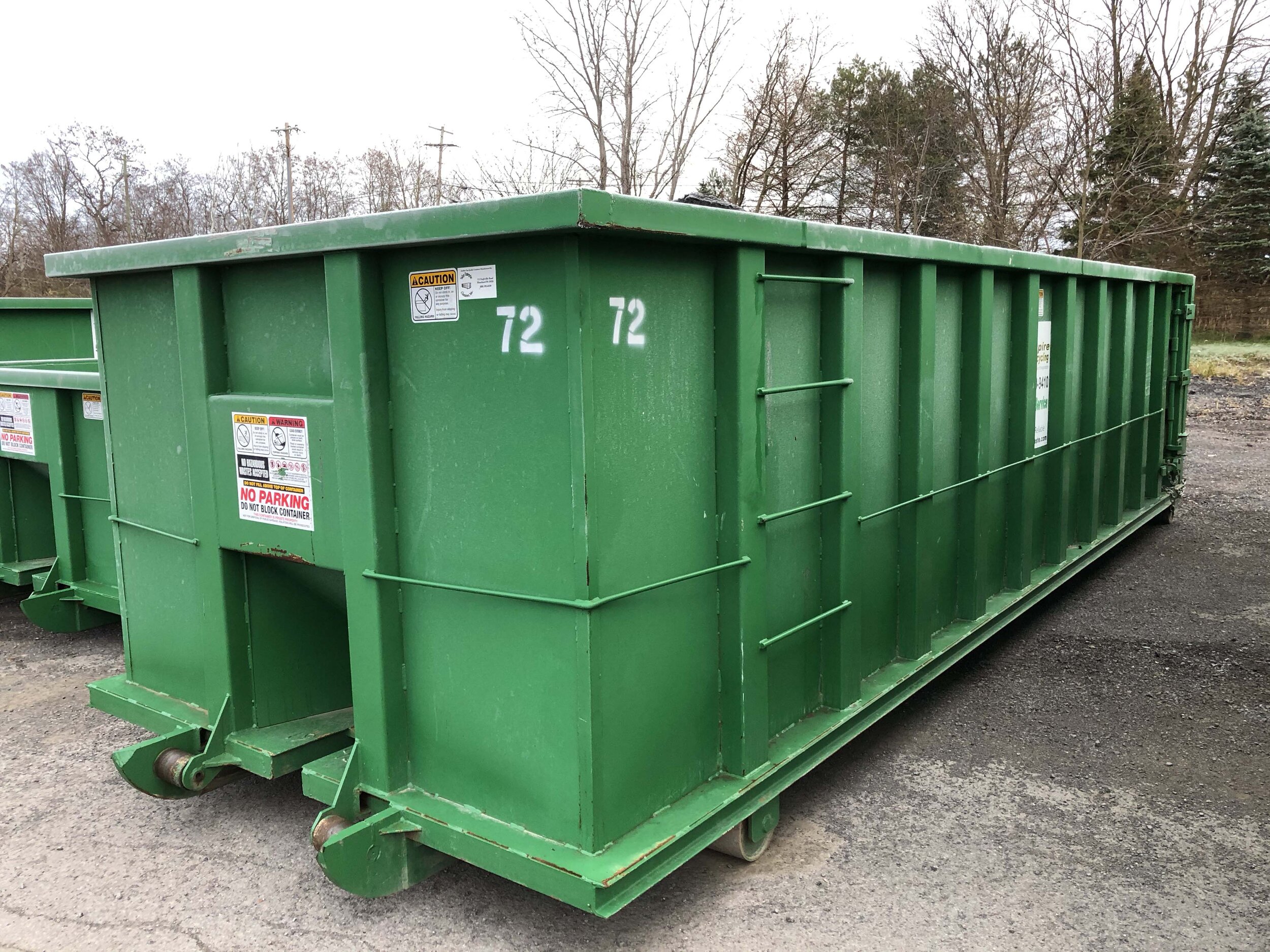Renting a roll-off dumpster may seem like a straightforward task, but overlooking essential details can lead to costly mistakes. Whether you’re a homeowner tackling a renovation project or a business in need of waste disposal, understanding the common pitfalls is crucial. In this blog post, we’ll explore the ins and outs of roll-off dumpster rentals and discuss the key mistakes you should avoid. By the end, you’ll be well-equipped to navigate the process seamlessly and ensure a hassle-free experience.
Ignoring Local Regulations
When it comes to renting a roll-off dumpster, it’s not just about finding a convenient spot for it on your property. Local regulations dictate where and how dumpsters can be placed, and ignoring these rules can lead to hefty fines and complications.
- Research Local Regulations: Before renting a dumpster, take the time to research and understand the local regulations regarding dumpster placement. Municipalities often have specific guidelines to ensure safety and environmental compliance.
- Consequences of Violation: Violating local regulations can result in fines and legal repercussions. Additionally, it may lead to delays in your project, as authorities may require you to relocate the dumpster to a compliant area.
- Tips for Adherence: Contact your local waste management or city offices to obtain the necessary permits and information. Communicate with the dumpster rental company about local regulations to ensure a seamless rental process.
By being aware of and adhering to local regulations, you can avoid the headache of legal issues and enjoy a smooth dumpster rental experience. Now, let’s move on to the second common mistake:
Underestimating Size Requirements
One of the most common mistakes individuals make when renting a roll-off dumpster is underestimating the size they need. Selecting a dumpster that’s too small can lead to overflow issues, while opting for one that’s too large may result in unnecessary expenses.
- Importance of Size Selection: Properly estimating your waste volume is crucial to selecting the right dumpster size. Consider the scope of your project and the types of materials you’ll be disposing of.
- Consequences of Underestimating: Choosing a smaller dumpster may lead to overflow, requiring additional hauls and incurring extra costs. It can also disrupt your project timeline as you wait for an empty dumpster.
- Tips for Accurate Estimation: Consult with the dumpster rental company to discuss your project details. They can provide guidance on the appropriate size based on your needs. It’s better to slightly overestimate than to deal with the repercussions of an undersized dumpster.
Avoiding the mistake of underestimating size requirements ensures efficient waste disposal without unnecessary complications. Stay tuned as we explore more common mistakes and their solutions in the upcoming sections.
Improper Waste Sorting
Dumpster rentals require responsible waste disposal, and a common oversight is improper waste sorting. Failing to separate materials correctly can lead to environmental issues, extra fees, and even refusal of service from the dumpster rental company.
- Types of Waste: Familiarize yourself with the different types of waste and their proper disposal methods. Common categories include general waste, recyclables, and hazardous materials.
- Consequences of Mixing: Mixing prohibited items can result in fines and environmental harm. It can also lead to difficulties in recycling efforts, defeating the purpose of responsible waste management.
- Guidance on Sorting: Clearly label your waste and educate everyone involved in the project about proper sorting. Check with the dumpster rental company for specific guidelines on the types of waste they accept.
Proper waste sorting not only ensures compliance with environmental regulations but also contributes to sustainability efforts.
Neglecting Weight Limits
Each roll-off dumpster comes with weight limits, and exceeding these limits can lead to additional charges and complications. Neglecting weight restrictions is a common mistake that can significantly impact your budget and project timeline.
- Understanding Weight Limits: Be aware of the weight capacity of the rented dumpster. Different materials have varying densities, so consider the weight of your waste when estimating.
- Consequences of Exceeding: Going over the weight limit can result in additional charges, and some rental companies may refuse to haul an overweight dumpster. This can cause delays in your project as you work to resolve the issue.
- Monitoring and Managing: Regularly monitor the weight of your dumpster during the rental period. If you anticipate surpassing the limit, communicate with the rental company in advance to discuss options.
By staying within the specified weight limits, you can avoid unexpected fees and ensure a smooth dumpster rental experience.
Lack of Communication with Rental Company
Clear communication with the dumpster rental company is paramount for a successful and stress-free experience. Failure to communicate effectively can lead to misunderstandings, delays, and dissatisfaction with the service.
- Importance of Clear Communication: Clearly convey your project details, including the type and volume of waste, project duration, and any specific requirements. This ensures the rental company can meet your needs accurately.
- Consequences of Poor Communication: Miscommunication can lead to incorrect dumpster sizes, delayed deliveries, or inadequate waste disposal solutions. It may also result in additional charges if the company has to make unplanned adjustments.
- Effective Communication Tips: Maintain open and ongoing communication with the rental company. Provide updates on any changes to your project and address concerns promptly.
By fostering clear communication, you can establish a positive relationship with the rental company and avoid potential pitfalls.
Ignoring Rental Terms and Conditions
Rental agreements come with terms and conditions that outline your responsibilities and the rental company’s obligations. Ignoring or neglecting these terms can lead to disputes, unexpected costs, and dissatisfaction with the rental experience.
- Reviewing Terms and Conditions: Thoroughly read and understand the rental agreement before signing. Pay attention to details such as rental duration, fees, and any restrictions imposed by the company.
- Consequences of Overlooking: Ignoring terms and conditions can result in misunderstandings, disputes over extra charges, or penalties for violations. It’s essential to be aware of your obligations as a renter.
- Tips for Understanding Terms: If you have any questions or concerns about the terms, seek clarification from the rental company before finalizing the agreement. Ensure you are comfortable with all aspects of the contract.
By taking the time to understand and adhere to the terms and conditions, you can prevent potential conflicts and ensure a smooth rental process.
Choosing the Cheapest Option Without Research
While cost is a significant factor in any decision, opting for the cheapest dumpster rental without considering other factors can lead to subpar service, hidden fees, and overall dissatisfaction.
- Dangers of Low-Cost Options: Extremely cheap dumpster rentals may compromise on service quality, reliability, or customer support. Hidden fees, such as overage charges or penalties, could negate the initial cost savings.
- Balancing Cost with Quality: Consider a balance between cost and service quality. Research customer reviews, ask for recommendations, and inquire about any potential additional charges to make an informed decision.
- Ensuring Transparency: Choose a rental company that provides transparent pricing and clearly outlines all associated costs. This helps you make a well-informed decision without unexpected financial surprises.
While budget considerations are essential, prioritizing value and reliability in a dumpster rental can prevent headaches and ensure a positive experience.
Takeaway
In this blog post, we’ve explored several common mistakes to avoid when renting a roll-off dumpster. From understanding local regulations to choosing the right size and maintaining effective communication, each step contributes to a smooth and successful rental experience. By steering clear of these pitfalls, you’ll not only save time and money but also contribute to responsible waste management practices.

